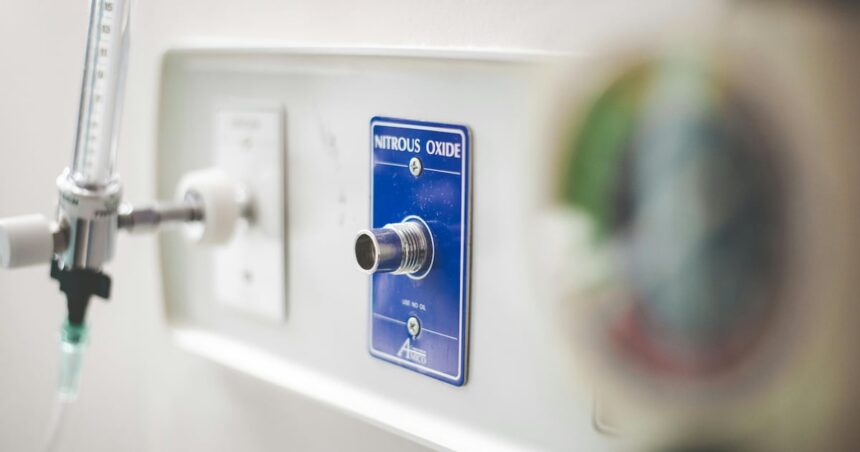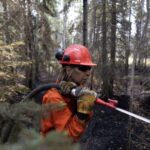In an urgent public advisory released yesterday, Health Canada has sounded the alarm on the growing recreational use of nitrous oxide, commonly known as “laughing gas,” citing potentially severe and irreversible health consequences for users. The federal health authority’s warning comes amid increasing reports of hospitalizations linked to improper use of the substance at parties, music festivals, and social gatherings across major Canadian cities.
“What many Canadians perceive as a harmless party enhancer can actually cause devastating neurological damage,” said Dr. Miranda Chen, Senior Medical Advisor at Health Canada. “We’re seeing an alarming increase in emergency room visits related to nitrous oxide misuse, particularly among young adults.”
The colorless gas, which produces a brief euphoric effect when inhaled, has gained popularity for its accessibility and the short-lived high it provides. Traditionally used in medical settings as an anesthetic and in food preparation as a whipping agent, nitrous oxide canisters—often called “whippets”—can be legally purchased for culinary purposes, creating a regulatory gray area that Health Canada is now addressing.
Health officials are particularly concerned about the risk of vitamin B12 depletion associated with regular nitrous oxide use. “Extended or frequent use can inactivate vitamin B12 in the body, leading to serious neurological complications including numbness, tingling in extremities, difficulty walking, and in severe cases, permanent nerve damage,” explained Dr. Chen.
The Canada News desk has learned that Toronto Western Hospital has treated over 35 cases of nitrous oxide-related neuropathy since January, a 60% increase from the previous year. Montreal and Vancouver have reported similar troubling trends.
Beyond the neurological risks, the advisory highlighted additional dangers including hypoxia (oxygen deprivation), frostbite of the lips, throat, and vocal cords from the cold temperature of the gas when directly inhaled, and physical injuries resulting from falls due to dizziness.
The recreational use of laughing gas has attracted particular attention from CO24 News analysts due to its growing popularity at music festivals and university parties, where consumers often remain unaware of the substantial health risks. According to a recent survey by the Canadian Centre on Substance Use and Addiction, approximately 12% of Canadian young adults report having used nitrous oxide recreationally at least once in the past year.
Health Canada’s warning has prompted calls from medical professionals for stricter regulations on nitrous oxide sales. “While it has legitimate culinary and medical applications, we need better controls to prevent misuse,” said Dr. Alisha Thompson, neurologist at Vancouver General Hospital. “I’ve treated patients in their twenties who now have permanent gait problems because they didn’t understand the risks.”
The advisory also emphasized that repeated use can lead to psychological dependence, though nitrous oxide does not cause physical addiction in the same way as substances like opioids or alcohol.
Provincial health ministries are now coordinating with Health Canada to develop educational campaigns targeting young adults and festival-goers. British Columbia has already announced plans to distribute informational materials at summer music events, while Ontario health officials are engaging with university campuses ahead of fall orientation activities.
As we move into summer festival season, this timely warning raises important questions about recreational substance use in Canada. How can we better balance individual freedoms with public health concerns, and what responsibility do event organizers bear in protecting attendees from potentially harmful substances that remain technically legal?
























